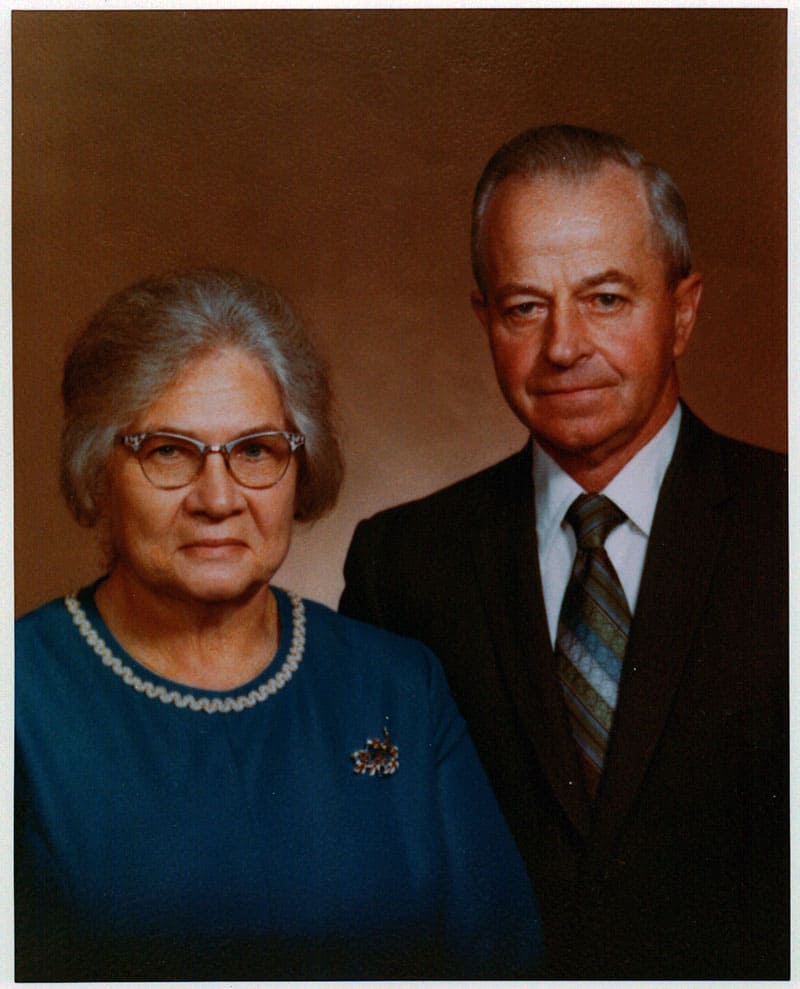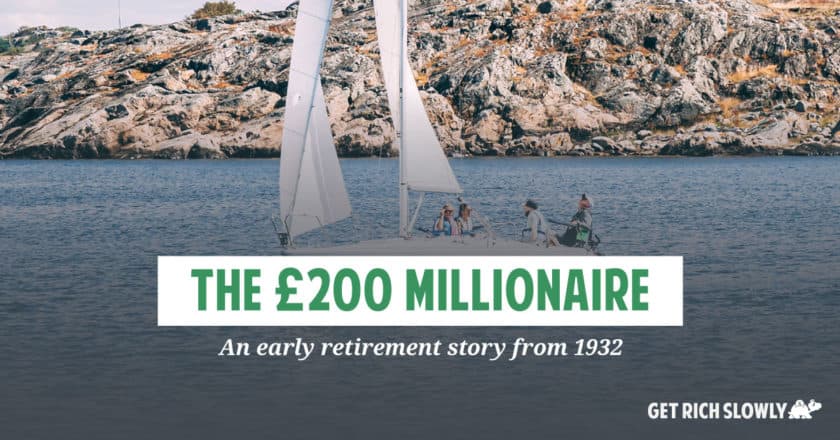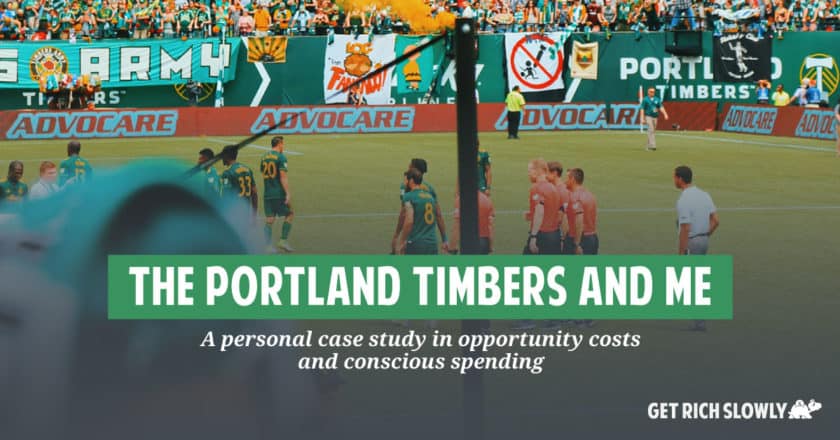Our first annual family meeting

Yesterday, to celebrate Thanksgiving, Kim and I instituted what we hope will become an annual tradition. Yesterday, we held our first annual family meeting.
Kim approached me with the idea last week. "I think it'd be nice to sit down and talk about our goals," she said.
"I agree," I said. I was thinking of the article Matthias shared here in August. Matt and his wife create five-year plans to co-ordinate their shared future. They spend a day drafting couple goals to build their dream life. I've been thinking that Kim and I should do something similar.
Playing with FIRE, the documentary about financial independence and early retirement

In early October 2016, I flew to New York City to attend Ramit Sethi’s Forefront event, a weekend conference about entrepreneurship and excellence. As I always do when travling, I agreed to meet with a few readers and colleagues while I was in town.
One sunny morning in Madison Square Park, for instance, I sat on a bench and chatted with Travis Shakespeare. "I'm a film and television producer," Travis told me. "But I'm also into the FIRE movement. I just got back from the chautauqua in Ecuador."
The FIRE movement, of course, is all about financial independence and early retirement. And the chautauquas are annual gatherings for FIRE folks who want to dive deep into the subject. (I've now attended four of these myself.) Continue reading...
Five short anecdotes about money

What a long, strange couple of months it's been for me. On the blog, things have been quiet. Behind the scenes, I've been as busy as I've ever been.
The good news is that this busy-ness will (eventually) lead to a number of interesting articles. I've been reading Cal Newport's Deep Work, for instance, and have some thoughts on it. I've been thinking about the concept of "no speed limits". Shocking but true: I'm going to write an article about my primary credit card. And I've been reading and writing a lot about "doing nothing".
Today, though, I want to clear my head (and my inbox) by sharing five short financial anecdotes.
Experimenting with ultra-light packing: How I packed light for 20 days on the road

Hello from Portugal!
Last Thursday, I returned to Europe for the fourth time in the past ten months. This time, I'm here for work. I'm speaking at yet-another chautauqua about financial independence and early retirement. As always, it's fascinating -- and the people attending the event are amazing.
For this trip, I decided to experiment with ultra-light packing. I am not a minimalist, but I like minimalist travel. I wanted to see if I could carry everything I needed for 20 days of travel in a single small backpack.
How Americans spend money: A look at the latest Consumer Expenditure Survey
When I discuss American spending habits, I try to cite specific numbers. Sometimes people write to ask where I get my info. Simple. Whenever I cite figures about American earning, saving, and spending, I get them from the U.S. government. In particular, I use the Consumer Expenditure Survey (or CEX) from the U.S. Bureau of Labor Statistics.
Here's how the BLS website describes the Consumer Expenditure Survey:
The Consumer Expenditure Survey program consists of two surveys, the Quarterly Interview Survey and the Diary Survey, that provide information on the buying habits of American consumers, including data on their expenditures, income, and consumer unit (families and single consumers) characteristics. The survey data are collected for the Bureau of Labor Statistics by the U.S. Census Bureau. The CEX is important because it is the only Federal survey to provide information on the complete range of consumers' expenditures and incomes, as well as the characteristics of those consumers.
Does the world of personal finance need more politics?
Note: I've added a short addendum to this piece in an attempt to clarify some things. This may or may not have helped.
Earlier this week at The Washington Post, Helaine Olen wrote that the world of personal finance needs more politics.
Olen specifically calls out FinCon, the financial media conference I attended last week. I love FinCon. She doesn't. She's disappointed that so many members of our community emphasize personal action and responsibility instead of directing our efforts toward changing the systemic and societal issues that make it difficult for some people to succeed.
The virtue of thrift


The road we lived on was especially quiet, with very little traffic. Even from a young age -- five or six, I think -- I was allowed to walk the quarter-mile to visit my grandparents. (My father's parents lived "next door" to us, but next door was across a large field.)
Visiting grandma and grandpa was fun. As quiet as life in the country was, life at their house was even quieter. There was a stillness in their place unlike anything I've experienced since. Their home seemed stuck in time.
The £200 Millionaire: An early retirement story from 1932

J.D.'s Introduction
While reading an obscure book about retiring early to a life at sea -- Voyaging on a Small Income by Annie Hill (1993) -- I discovered a short story from a man named Joseph Weston-Martyr.First published in 1932, The £200 Millionaire reads like "Mr. Money Mustache at Sea". It's fascinating. Because today I start a ten-day Mediterranean cruise, I thought it'd be fun to share this story at Get Rich Slowly.
This is a long story. It contains 8001 words, which is 32 printed pages. I've formatted it for web-based reading (I don't think you want to read a 500-word paragraph on your phone!), plus added images and hyperlinks. Please enjoy it as weekend reading!<
Which financial advice should you trust?

Commenting on a recent article, Carmine Red asked an excellent question:
How do you evaluate the financial advice you get from other sources? Specifically, how do you decide if some piece of advice is for you, or if you should discard some adjacent advice. Is there an amount of pick-and-choose?
GRS definitely doesn’t seem like a dogmatic 100% one-way-of-doing things site, so I’d love to hear about the critical thinking you employ, and that I’m sure we can all use a little of since we’re getting bombarded by financial “do this!” or “don’t do this” instructions from so many different dimensions.
The Portland Timbers and me: A personal case study in opportunity costs and conscious spending

Saturday night, Kim and I joined 25,216 other soccer fans to watch the Portland Timbers defeat the Vancouver Whitecaps 3-1 during a crazy rare August rainstorm. (Portland gets a lot of rain...but not in early August.) The match was a lot of fun, with three terrific goals.
I've owned Timbers season tickets since 2010, the year before they made the leap to the top league in the U.S. — but I've been a fan since 1975, when I was six years old. My earliest sports memories are listening to Timbers games on a transistor radio, cheering for the likes of Clive Charles, John Bain, and (especially) goalkeeper Mick Poole. I wanted to be Mick Poole.
Each year in August, I get my Timbers renewal letter. If I want season tickets again, it's time to purchase them. Continue reading...
